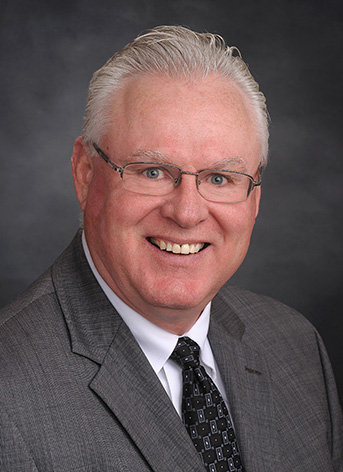Amid substantial growth in online purchases in recent years, the Federal Reserve last Friday reopened its rule on the Durbin Amendment. Specifically, the Fed issued a proposal that would amend Regulation II, which implements Durbin, to apply the requirement that debit card transactions be able to be processed on at least two unaffiliated payment card networks—for example, a PIN debit and a signature debit network—to card-not-present transactions, which have grown from 10% of debit purchases in 2009 to 23% in 2019.
When the Fed first issued Reg II, “the market had not developed solutions to broadly support multiple networks over which merchants could choose to route [CNP] transactions,” the Fed said, noting that technology has since evolved to address these issues. “Despite these developments, and in contrast to the routing choice that currently exists for card-present transactions, merchants are often not able to choose from at least two unaffiliated networks when routing card-not-present transactions, according to data collected by the Board and information from industry participants,” the Fed said.


 The SDBA will host the 2021 Quad States Convention on Monday and Tuesday, June 14-15, in Rapid City at The Monument.
The SDBA will host the 2021 Quad States Convention on Monday and Tuesday, June 14-15, in Rapid City at The Monument. 
 John McGrath, First PREMIER Bank, Sioux Falls, has been appointed to the Board of Directors for the South Dakota Bankers Association (SDBA), the professional and trade association for South Dakota’s financial services industry. SDBA Chair Steve Bumann, BankWest, Pierre, appointed McGrath to fill a vacant seat on the SDBA Board of Directors through April 30, 2022.
John McGrath, First PREMIER Bank, Sioux Falls, has been appointed to the Board of Directors for the South Dakota Bankers Association (SDBA), the professional and trade association for South Dakota’s financial services industry. SDBA Chair Steve Bumann, BankWest, Pierre, appointed McGrath to fill a vacant seat on the SDBA Board of Directors through April 30, 2022.